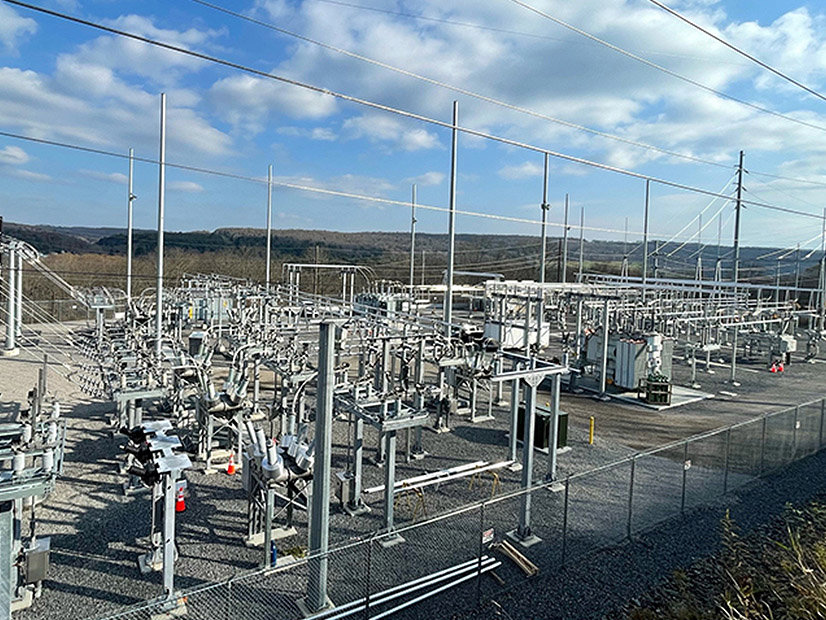
FERC on Thursday upheld its denial of New York Transmission Owners’ (NYTOs) complaint that NYISO’s funding mechanism for transmission upgrades is unjust and unreasonable, refusing a rehearing of the order and rejecting a separate proposal to revise the methodology (EL21-66-001 and ER21-1647-002).
The commission reiterated its previous determinations, concluding that “petitioners’ repetition on rehearing of the evidence and arguments presented in their prior pleadings does not change our assessment.”
The NYTOs, which included all the investor-owned utilities in the state except PSEG Long Island, asserted that the existing funding mechanism does not allow them to recover a reasonable rate of return for the risks and costs of upgrades caused by generator interconnections.
They asked the commission to direct the ISO to amend its tariff to allow them to provide initial funding for such upgrades and charge the interconnection customer to recover a return on this cost.
But the commission said it continued to find its interpretation that costs are distinct from rate-structuring risks “to be appropriate, including the commission’s corollary finding that the regulatory, reliability, cybersecurity, environmental and operational risks that the NYTOs state they face in connection with owning, operating and maintaining system upgrades are not costs under this provision.”
FERC explained that the precedents cited by the NYTOs — Bluefield Water Works v. Public Service Commission, FPC v. Hope Natural Gas and Ameren Services v. FERC — do not require a change to NYISO’s existing funding mechanism and that the NYTOs had not presented sufficient evidence to show that the existing funding mechanism results in the them facing uncompensated risks and costs.
Neither do the other sections of the NYISO-TO Agreement cited by the NYTOs support their preferred reading, the commission said.
Moreover, in alleging that the complaint order was internally inconsistent and that the commission “clearly affirm[ed]” that risks are recovered through authorized returns yet denied recovery in costs because the risks were not costs, the NYTOs misunderstood the commission’s reasoning, FERC said.
“The fact that utilities incur costs to mitigate and manage their risk, and risks therefore increase costs for utilities, does not mean that risks are, themselves, costs. The costs utilities incur to manage and mitigate risks are borne as expenses, which are fundamentally different to the risks themselves,” the commission said.
Commissioner James Danly dissented from the order because the “commission exceeded its authority by impermissibly eliminating rights expressly reserved to the NYTOs … and by rejecting proposed changes to the funding mechanism that were consistent with those reserved rights.”


